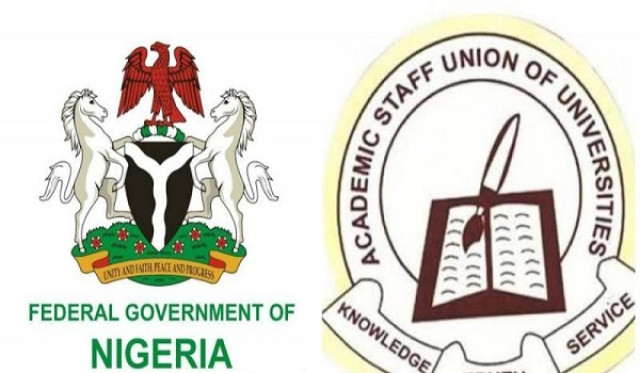The National Association of Nigerian Students has called on the Federal Government to meet with the leadership of the Academic Staff Union of Universities (ASUU) to tackle issues regarding the recent strike threat.
Recall that ASUU had issued a 14-days ultimatum to the FG over failed negotiations regarding lingering issues.
NANS Senate President, Akinteye Babatunde, who made the call on Monday said, “We are asking the Federal Government to meet with ASUU and discuss with them because ASUU's strike at this point in time is not advisable."
ASUU is seeking the conclusion of the renegotiation of the 2009 FGN/ASUU Agreement based on the Nimi Briggs Committee’s Draft Agreement of 2021, as well as the release of withheld salaries due to the 2022 strike.
Additionally, ASUU is demanding the release of unpaid salaries for staff on sabbatical, part-time, and adjunct appointments affected by the Integrated Payroll and Personnel Information System, and the payment of outstanding third-party deductions such as check-off dues and cooperative contributions.
The union is also seeking funding for the revitalisation of public universities, partly captured in the 2023 Federal Government Budget, and the payment of Earned Academic Allowances partly captured in the 2023 Federal Government Budget.
Other issues include the proliferation of universities by federal and state governments, the implementation of the reports of visitation panels to universities, the reversal of the illegal dissolution of Governing Councils, and the adoption of the University Transparency and Accountability Solution as a replacement for IPPIS.
ASUU President, Prof. Emmanuel Osodeke, had in a statement expressed frustration over the FG's lack of commitment and delay tactics regarding the issues which over times have been fueling series of crisis in the in university system.
He said, “In view of the foregoing, ASUU resolves to give the Nigerian Government another 14 days, in addition to the earlier 21 days, beginning from Monday, 23rd September 2024 during which all the lingering issues must have been concretely addressed to the satisfaction of the membership of the union.
“The union should not be held responsible for any industrial disharmony that arises from the government’s failure to seize the new opportunity offered by ASUU to nip the looming crisis in the bud.”




















